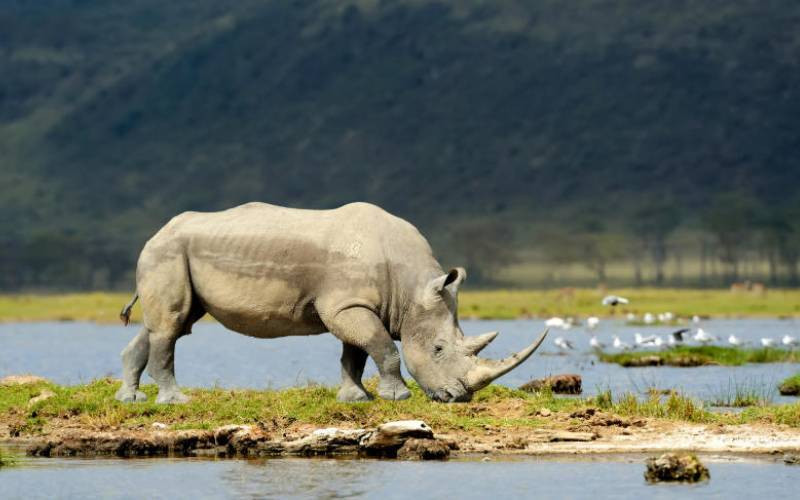×
The Standard e-Paper
Smart Minds Choose Us

The elephant and rhino population in the country is on its way to recovery after years of poaching, Prime Cabinet Secretary Musalia Mudavadi has said.
The recovery has been attributed to conservation efforts, heightened security and the use of community policing in protecting wild animals.